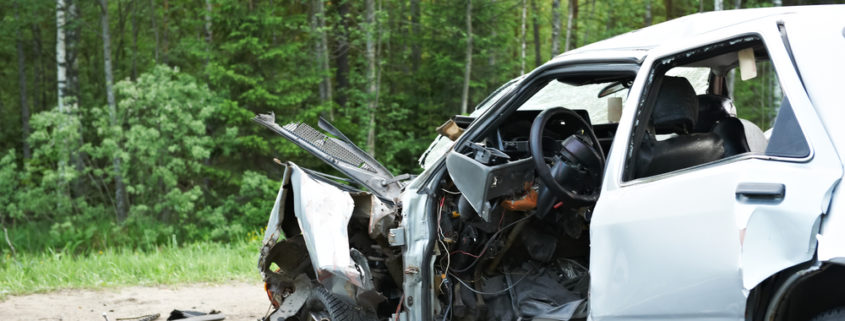Ignoring Auto Recalls May Put You at Risk for Car Accidents
When a class of vehicles presents a safety hazard that increases the risk for car accidents and serious injury, the manufacturer may recall the vehicles to correct the unsafe issues. Automakers are required to fix defects by repairing or replacing the defective part, offering a refund, or very rarely by repurchasing the vehicle.
Since the beginning of the year, several automakers have issued recalls to fix or replace defects that could have serious safety risks for drivers and their passengers. The National Highway Traffic Safety Administration (NHTSA) provides monthly reports of vehicles that have been recalled, along with the safety issues that need to be addressed. It’s important to know if your vehicle has been recalled—doing so can help you avoid an accident or serious injury.
How to Check if Your Car is Part of an Active Safety Recall
If you registered your vehicle when you bought it, the manufacturer will mail a notice to alert you it has been recalled. It’s important to keep your vehicle registration updated so you can receive these notifications.
You can sign up with NHTSA to receive e-mail notifications for a vehicle’s specific make and model. You can also check a car’s recall record by entering its VIN number at safercar.gov.
Follow the safety guidance and instructions from the manufacturer if you find that your vehicle has been recalled. In some cases, the defect may pose such a serious safety risk that you will be advised not to drive the vehicle. Do not drive warnings were issued earlier this year when Ford recalled certain 2006 Ford Ranger trucks and Mazda recalled 2006 B-series trucks due to the danger presented by Takata airbags. Although other automakers have also recalled vehicles to fix this airbag issue, Ford and Mazda requested that owners not drive these vehicles until they are repaired, fearing catastrophic injuries.
In another case, Fiat Chrysler recalled more than 4.8 million vehicles in the U.S. to fix an issue that could leave drivers unable to turn off cruise control. Affected vehicles were from the 2014 to 2019 model years and included Jeep (Cherokee, Grand Cherokee, Wrangler), Dodge (Charger, Challenger, Journey, Durango), Chrysler (Chrysler 200, Chrysler 300, Chrysler Pacifica), and Ram (Ram pickups—1500, 2500 and 3500; Ram cab chassis trucks—500/4500/5500). Fiat Chrysler strongly advised drivers to avoid using cruise control until the repairs are made.
In addition to these recalls, this year Hyundai, Honda, Toyota, Kia, Nissan, Mitsubishi, Volkswagen, and General Motors (among others), have also issued recalls to fix a variety of safety issues that could increase the risk of crash or injury. Examples of these recalls include a possible electrical short in the anti-lock brake module due to entry of water, which could lead to an engine fire with risk of injury (Hyundai); possible crack in the drive belt automatic tensioner flange, which could lead to engine stall and crash (Mitsubishi); inaccurate tire information label that could result in overloading and increasing crash risk (Toyota); improper tempering of window glass, which, if broken, could cause the glass to break into large pieces and cause injury (General Motors).
It will cost you nothing to get the work done on your vehicle if it has been recalled. You should call your local dealership as soon as possible if you find that your vehicle has been recalled. Neglecting to do so may put you, your passengers, or other drivers at risk of serious, catastrophic personal injury in the event of a car accident.






